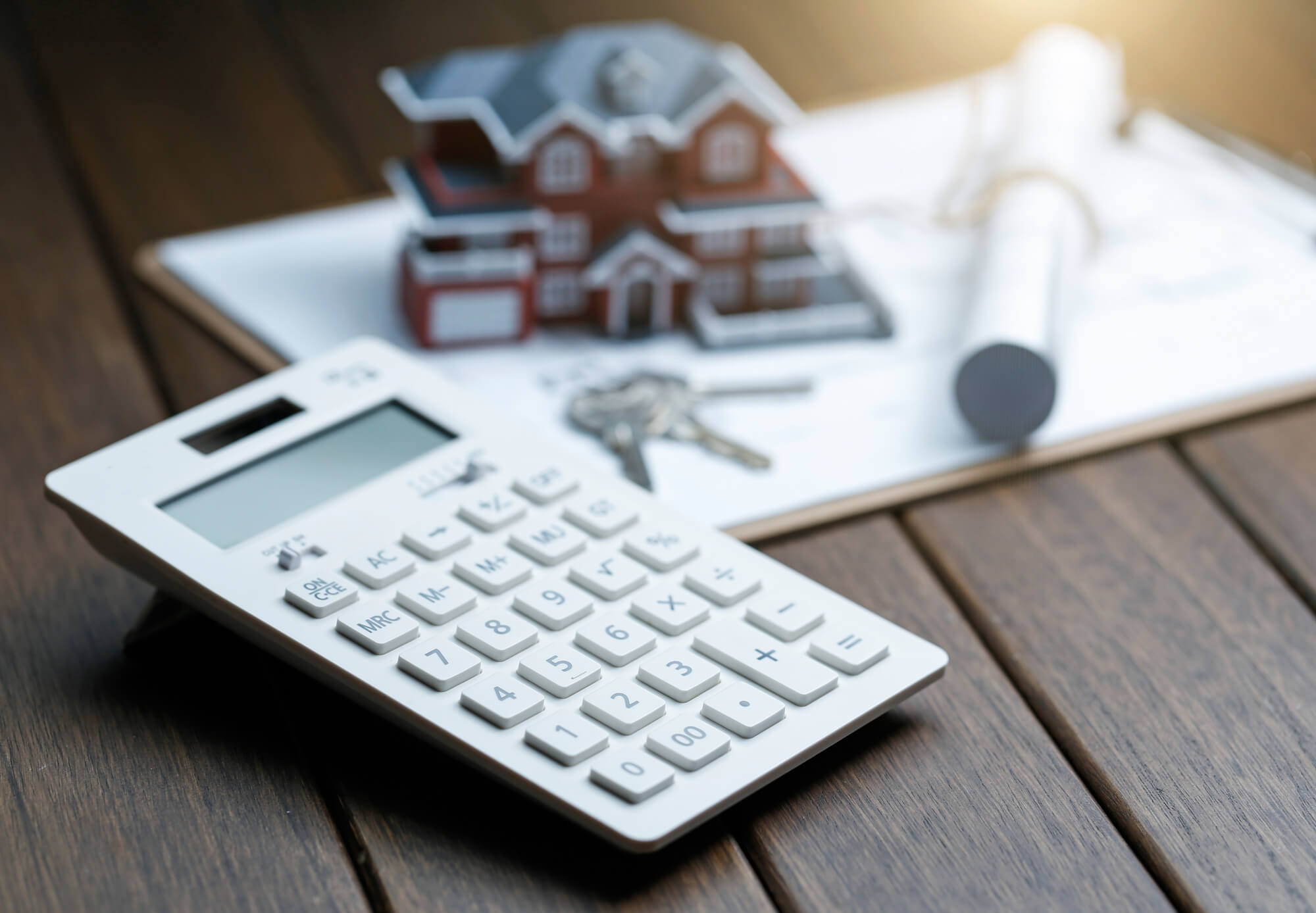If you lease a commercial property, you’ll know that some landlords may inflate a property’s rental value and charge more than the property is really worth. But did you know that there’s a formal way to challenge the landlord’s proposed rent and ensure you’re paying a fair market rent? That formal process is known as a ‘rent review’.
How do rent reviews work?
A rent review can be used for any type of land or commercial building, and is recommended anytime you renew a lease or take on a new lease. In a nutshell, you appoint a chartered surveyor to assess the property in line with professional valuation standards and current market conditions to gain an accurate picture of its rental market value. You’ll then receive detailed information about the value of the lease, which you can use in negotiations.
It’s not just tenants that can request a rent review – landlords may also appoint a surveyor to conduct a rent review. Say, for example, a landlord feels their property is undervalued at present, they may want a rent review to justify a higher rental value when the lease is up for renewal.
Typically, commercial rent reviews are carried out every three to five years, but your lease agreement may outline more frequent reviews. Be certain you know what you’re agreeing to before you sign on the dotted line.
Making sure you’re paying a fair rent
When you understand a property’s correct rental value, it puts you in a stronger negotiating position:
- You can be sure you’re not overpaying, before you agree to a new lease or lease renewal.
- In the event of a dispute with your landlord, you can use the rent review as proof of the property’s current market value.
- You can set out any factors that may lower the property’s market value, such as maintenance issues or external influences – and these factors will be supported by the rent review.
- You can also budget accurately, and keep your operational costs to a minimum.
At Perry Hill Chartered Surveyors, we act as commercial rent review surveyors for tenants or landlords who need a rent valuation they can trust. Our experienced surveyors are certified by RICS, the Royal Institution of Chartered Surveyors, meaning you will always receive an accurate, fair rent review. Discover more about our commercial rent review service.



